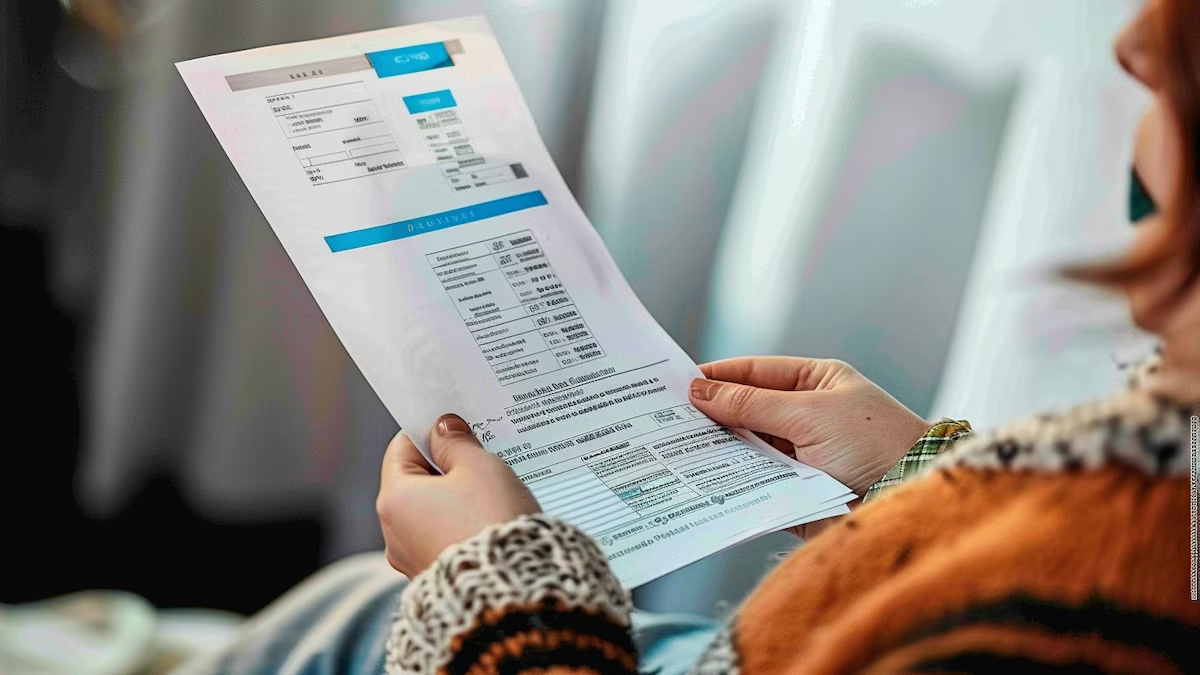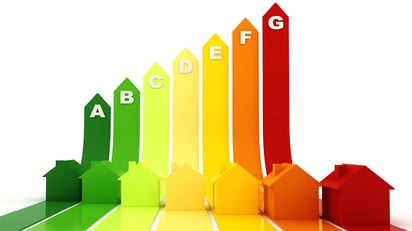The fight against climate change is more topical than ever. Protecting the climate and reducing our ecological impact are crucial steps to counter the effects of the climate crisis. In Spain, with its abundant sunshine, we can benefit from sustainable solutions such as solar energy, which not only reduce carbon emissions but also contribute to a more independent and secure energy supply. Beyond solar energy, there are other environmentally friendly solutions.
SOLAR ENERGY: THE FUTURE OF RENEWABLE ENERGY
The transition to solar energy is one of the most effective ways to fight climate change. In Spain, which has more than 300 sunny days a year, the potential for solar energy is huge. Installing solar panels can not only help reduce greenhouse gas emissions, but it also makes it possible to provide cheap, renewable electricity.
What is the average cost of a solar panel installation in Spain?
The cost of solar panels has dropped significantly in recent years, making this technology accessible to more and more households. For a typical installation, including delivery and installation, the cost ranges between €4,500 and €10,000, depending on the size of the system with/without battery. This system can generate between 5 and 10 kWh of energy per day.
What is the payback period for solar panels in Spain?
The payback time of solar panels in Spain is one of the shortest in Europe, thanks to the high amount of sunlight. On average, it takes between 3 and 7 years for your investment to pay off, with an average of 5 years. This is considerably faster than in northern European countries, for example, where solar panel yields are lower due to less favourable sunlight hours. In Spain, a solar panel can deliver up to 1.5 Wp, which is much higher than the 0.8 Wp achieved in more northern countries.
After the payback period, you will benefit from decades of free power, making the investment particularly attractive. Imagine installing a €7,000 system and saving €1,500 a year on your energy bill. Then the payback period is about 4.6 years.
How can you further reduce the payback period?
There are several ways to shorten the payback period of your solar panels. Advances in technology and falling installation costs are making it increasingly attractive to invest in solar panels. Moreover, home batteries can play an important role. With lower ‘feed-in’ tariffs (where the price for feeding power back to the grid has fallen), it is becoming financially attractive to store self-generated energy and use it later, or even feed it back to the grid. Combined with smart energy management systems and dynamic energy contracts, this technology can further reduce costs.

SUBSIDIES AND REGULATIONS IN SPAIN
The Spanish government offers several subsidy opportunities that further support the investment in solar panels. However, this varies by autonomous region, so it is important to seek local advice. A solar panel installation company, can help you with this.
Net metering and feed-in tariffs
Spain operates a ‘net metering’ system, where solar panel owners receive a credit for the excess energy they feed back into the grid. These credits are stored in the so-called ‘cloud’ and can be used to reduce future electricity costs. This makes solar energy even more financially attractive.
Feed-in tariffs (FiTs) are still offered in some cases, where you receive a flat rate for each kilowatt-hour you feed into the grid. However, the specific rates can vary, so it is important to keep a close eye on local regulations and compare different providers.
Tax benefits
Besides subsidy programmes, there are also tax benefits available in Spain for installing solar panels. These can come in the form of tax deductions or credits, lowering the overall cost of the installation. It is advisable to consult a tax advisor or local authorities for up-to-date information on available tax benefits.
OTHER SUSTAINABLE SOLUTIONS: HEAT PUMPS AND INSULATION
Besides solar energy, there are other technologies that contribute to a more sustainable and energy-efficient home. Heat pumps, for example, are highly efficient systems that regulate the temperature in your home by drawing heat from the environment. This makes them particularly suitable for Spain's Mediterranean climate, where cooling is needed in summer and heating in winter. Heat pumps reduce dependence on fossil fuels and help reduce carbon emissions.
In addition, good or improved insulation is an important factor in energy consumption. In Spain, where summer heat is often extreme and winters are sometimes unexpectedly cold, well-insulated houses can make cooling in summer and heating in winter much more efficient. This saves energy, lowers energy costs and reduces the carbon footprint.
The road to a sustainable future
Spain is well positioned to make its energy consumption more sustainable. Thanks to abundant sunshine and continuous improvements in technology, the transition to renewable energy can be accelerated while reducing costs for consumers. By further investing in solar power, heat pumps, insulation and other renewable technologies, Spain can not only meet its own energy needs but also become a major player in the global fight against climate change.
With a combination of government policies, subsidies and technological advances, we can continue working towards a cleaner, more sustainable future. By making smart choices, we can all contribute to a better environment and a more sustainable life.
Conclusion:
It is a good time to invest in sustainable energy solutions such as solar power, heat pumps and better insulation. Spain lends itself perfectly to this with its sunny climate and offers numerous opportunities for homeowners and businesses to reduce their carbon footprint, lower their energy costs and contribute to a more sustainable future. It's a win-win situation for the environment and for your wallet!
.png?width=774&height=322&name=oficina%20%20kantoor%20IMMOFY%20(2).png)




